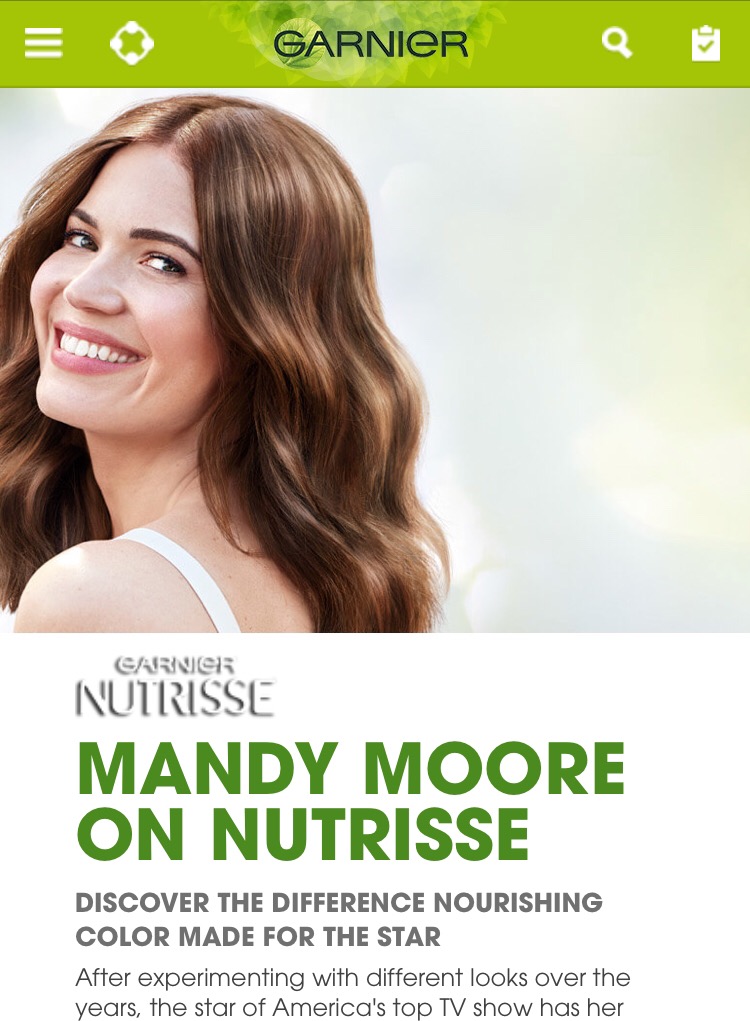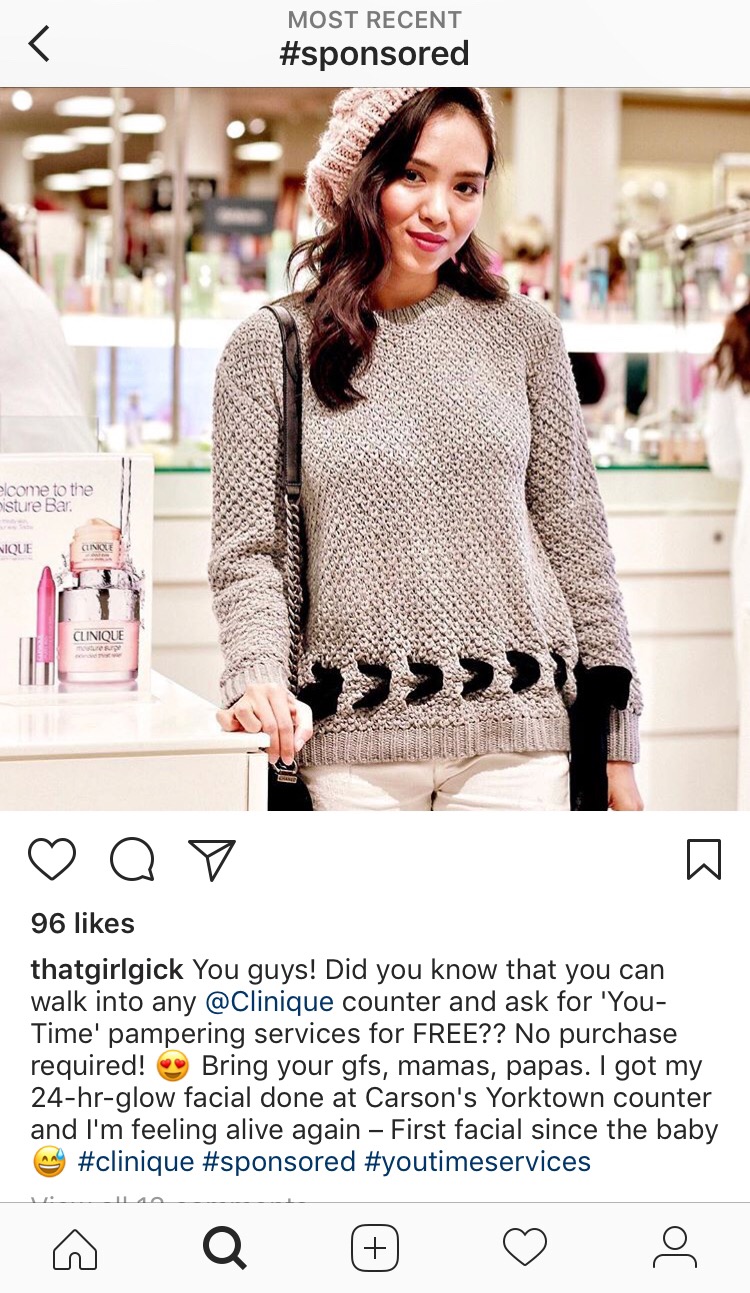What You Should Know About Influencer Marketing
Finding an influencer to promote your brand or product isn’t a bad idea. In fact, it has become an effective method of advertising.
By identifying an individual with influence over a large group of potential buyers, maybe someone with a large social following, businesses can reach a broader audience and maybe even persuade these previously untapped people to buy a product or service.
Influencer marketing isn’t a new concept, though. Televised commercials have been using the tactic for quite some time.
There’s often a celebrity washing her hair with a particular brand if shampoo or applying a certain moisturizer and touting its benefits. The difference here is that almost everyone watching knows and understands that this is an advertisement. There’s even a fine-print message displayed at the bottom of the screen reminding us.
The major downfall when it comes to these types of commercials of that nobody really watches televised commercials anymore thanks to DVRs and video streaming services. So brands had to turn to a more innovative approach.
As social media use has grown, more and more high-profile figures like actors and athletes have taken to platforms with a gargantuan following. Big companies saw an opportunity to reach a new, untapped audience with the assistance of someone highly admired who would eat, use, or wear a product.

These days, influencer marketing is not limited to high-profile names, it’s really more about the level of respect and following a person has in a targeted niche or industry.
According to Digiday, shoe company DSW is turning to a new form of influencer marketing that involves smaller followings. These “nano-influencers” have social followings of only about 80,000, even smaller than micro-influencers.
Instead of promoting the brand to a broad audience using one influencer, the company is looking for smaller niches like lifestyle and motherhood. They’ve sought out influencers to work on the variety of audiences.
The problem with social media is that it’s hard to say who really likes a product and who’s getting paid to say they do. That’s where the Federal Trade Commission (FTC) comes in.
The FTC has stepped in, especially over the last year with updates to its regulations and endorsement guidelines.
While the FTC’s Endorsement Guides “don’t have the force of law, practices inconsistent with the guides may result in law enforcement,” according to the commission’s recently published FAQ article.
Over the summer it sent out over 90 letters reminding influencers and marketers that relationships must be fully disclosed.
What You Should Know
It’s no surprise, but anyone promoting a brand must properly disclose that information. Each social channel has its own set of guidelines. Mediakix does a great job of breaking them down in this infographic.
Key Takeaways:
- Transparency is of the utmost importance
- Disclosure needs to be revealed at the beginning of content (social post, written article, video, etc.)
- Brands are responsible for influencer actions on their behalf
- Brands should have a social media team to handle questions and comments
Is it influencer marketing?
The most important aspect to consider when determining if a post, tag, or mention is the act of influencer marketing is whether readers/viewers/followers would judge your credibility if they knew you were being paid to do so.






Leave a comment